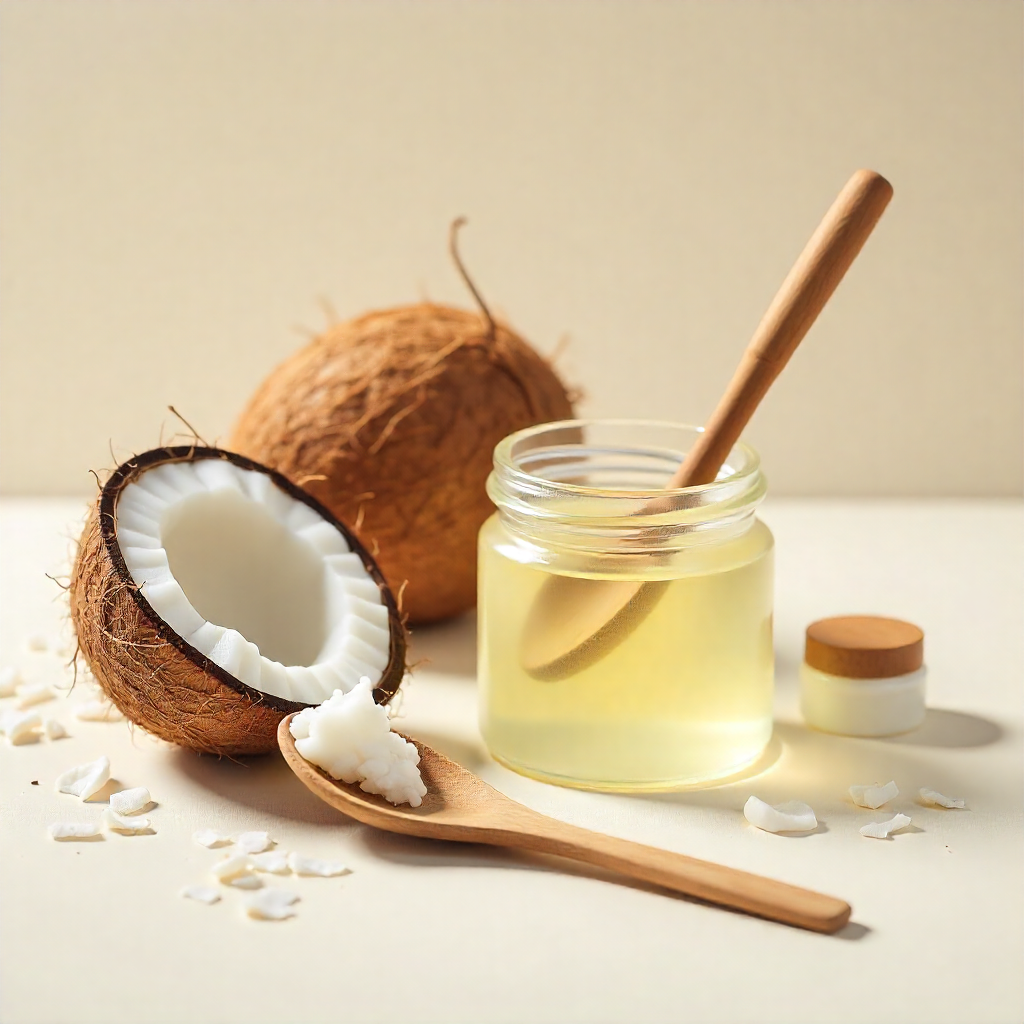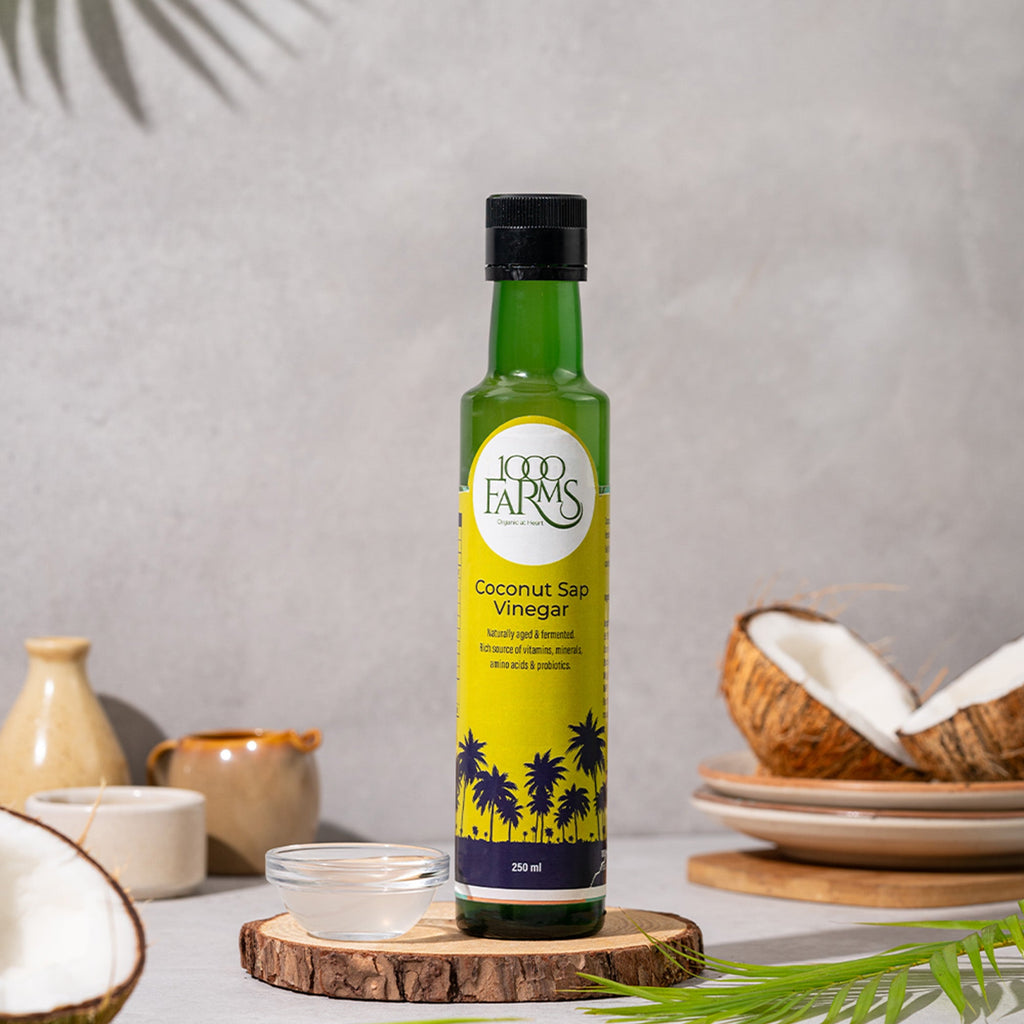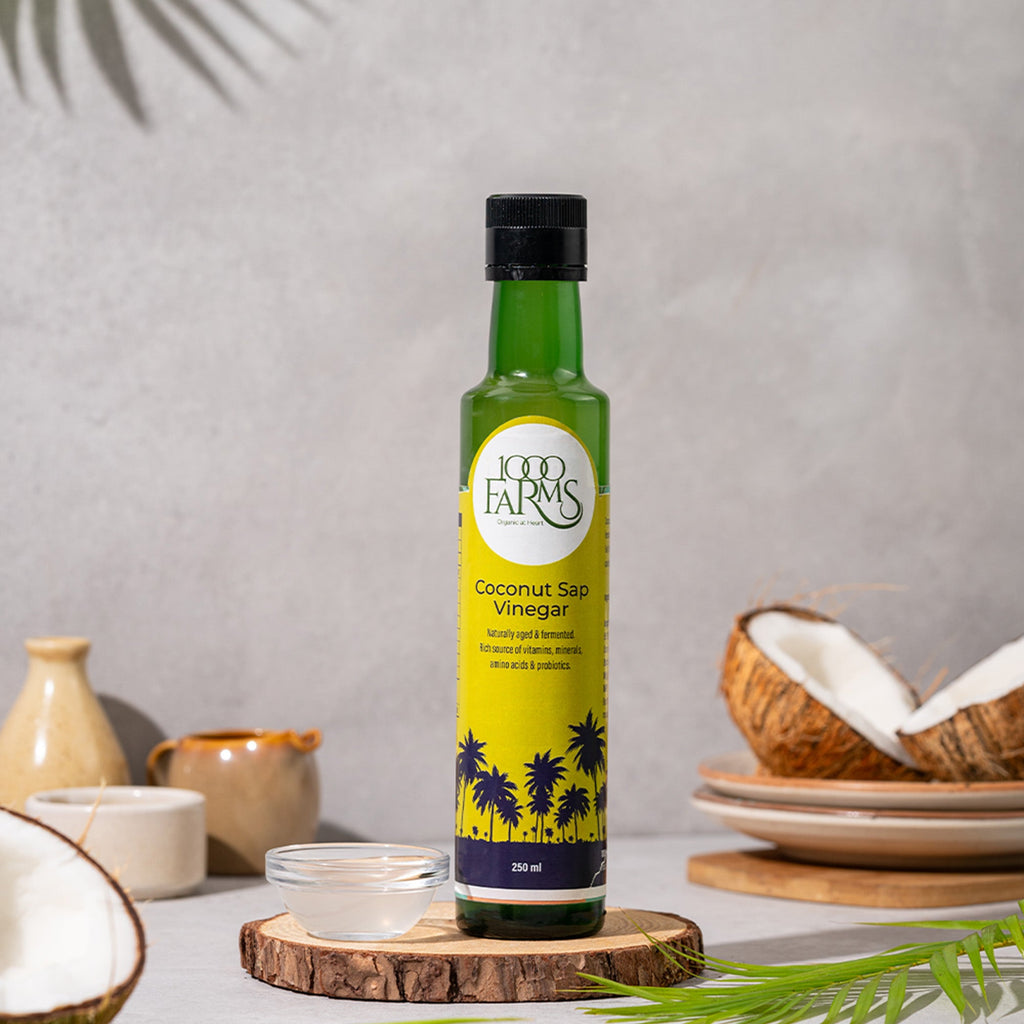
How to Choose the Best Virgin Coconut Oil for Cooking and Skin

Introduction
Virgin coconut oil has earned a place in both kitchens and skincare routines around the world. Its versatility, nutrient profile, and natural origin make it a favorite for conscious consumers. But not all virgin coconut oils are created equal. If you’re wondering how to tell high-quality oil from the rest, this blog is your guide. We’ll explore key factors to consider when choosing virgin coconut oil for cooking, skincare, and overall wellness.
1. Understand What “Virgin” Really Means
Virgin coconut oil is extracted from fresh coconut meat without chemical processing or high heat. It retains more nutrients and natural antioxidants compared to refined coconut oil.
Look for:
- Labels like “Cold-Pressed” or “Unrefined”
- No added fragrance, preservatives, or bleaching agents
2. Cold-Pressed vs. Expeller-Pressed
Cold-pressed oil is extracted at lower temperatures, helping preserve delicate nutrients like polyphenols and vitamin E. Expeller-pressed oil uses more heat, which may reduce nutritional quality.
Tip: Always choose cold-pressed for skincare and high-antioxidant needs.
3. Source and Origin Matter
Where and how coconuts are grown affects oil quality.
Check for:
- Coconuts sourced from organic farms
- Ethical and traceable supply chains
- Sustainable farming methods
1000Farms sources coconuts from smallholder organic farms, ensuring both purity and fair practices.
4. Packaging and Storage
Virgin coconut oil should be stored in airtight, opaque or amber glass jars to prevent oxidation.
Best Packaging:
- BPA-free, food-grade jars or eco-friendly glass containers
- Resealable lids to maintain freshness
5. Appearance, Texture, and Aroma
High-quality virgin coconut oil should:
- Be colorless or slightly milky white when solid
- Melt quickly at around 24°C (76°F)
- Smell mildly sweet and natural (never overly strong or artificial)
If it smells rancid, bitter, or has a yellowish tint, it may be oxidized or adulterated.
6. Versatility in Use
For Cooking:
- Choose oil with a high smoke point (~350°F or 177°C)
- Ideal for sautéing, baking, and medium-heat frying
For Skin & Hair:
- Use cold-pressed, unfiltered oil
- Perfect as a moisturizer, hair conditioner, lip balm, or makeup remover
7. Certifications and Transparency
Reliable virgin coconut oil brands will openly share sourcing, extraction method, and lab testing info.
Look for:
- Organic certification
- Non-GMO verification
- Third-party lab-tested for purity
Why 1000Farms Virgin Coconut Oil?
At 1000Farms, we produce virgin coconut oil through cold-pressing fresh coconuts grown on certified organic farms. Our small-batch process retains flavor and nutrition, while our packaging protects its integrity.
You Get:
- Raw, unrefined oil with natural aroma
- Eco-friendly, BPA-free glass jars
- 100% traceability from farm to shelf
Conclusion
Choosing the best virgin coconut oil means understanding what goes into making it. From cold-pressing methods to clean packaging, every step matters. With 1000Farms, you're guaranteed purity, sustainability, and top-tier performance—whether you’re






